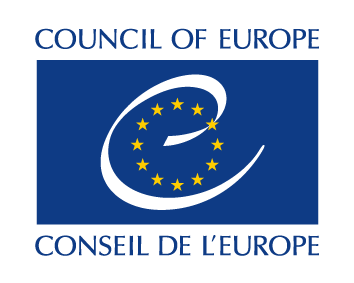
Commissioner Muižnieks visited Turkey from 6 to 14 April 2016 and returned for a second visit between 27 and 29 of September.His visit focused on specific thematic issues, in particular: the fight against terrorism and human rights, with a particular attention to the situation in the South East; freedom of expression and media freedom and the administration of justice.
The Commissioner considered that the deterioration of media freedom and freedom of expression has intensified under the state of emergency following the failed coup attempt of July 15, 2016. He considers the situation of the utmost concern since the violation of relevant international standards in the realm of freedom of expression and media freedom have created a distinct chilling effect, manifesting in self-censorship both in the media and among ordinary citizens.
Concerning media pluralism and independence, the Commissioner concerns can be resumed in the following points:
- The presence of large media conglomerates;
- Turkish authorities are fostering pro-government media, pressuring and stifling critical media to change their editorial policy. Authorities are intimidating and punishing critical news coverage;
- There are direct attacks on media freedom and independence such as the outright closure of critical media. After July 2016 and the declaration of a state of emergency, a series of decrees and executive orders closed a number of media companies (158, as of January 11, 2017), disavowing the rule of law.
Moreover, there is a judicial harassment restricting freedom of expression, which can be summarized as follows:
- Backsliding in the case-law of the Turkish judiciary;
- Issues related to the independence of the judiciary and of the judicial culture;
- Defamation remains a criminal offence and causes dangerous chilling effects, in particular defamation of the President of the Republic and of public officials;
- Harassment restricted the parliamentary debate, after the lift of the immunity of parliamentarians. Most of the opposition HD Party MPs are under investigations, if not in prison;
- Great restrictions of academic freedoms: many academics were dismissed, forced to resign, suspended or taken into police custody;
- Harassment involves all sectors of Turkish society, e.g. human rights defenders. There are frequent impositions of media bans or blackouts concerning events of clear public interest and an excessive use of detention on remand.
Concerning the safety and security of journalists, an increase in police and security forces’ violence against journalists is highlighted, especially against those trying to cover the curfews and anti-terrorism operations in the South-East.
With regard to Internet censorship, the Commissioner pointed out:
- Increase of blocking and filtering of web pages;
- Increased resorting to bandwidth throttling during times of domestic crises, making certain social media and platforms inaccessible. Also, full internet shutdowns took place;
- Increase of prosecutions and detentions for online activities causing a great chilling effect.
Conclusion and recommendations concerning regulation and implementation of measures in support of media freedom and freedom of expression are presented in the report (pp.22- 25). The Commissioner considers that the main obstacle to an improvement of the situation is the lack of political will both to acknowledge and to address the problems highlighted in the body of this memorandum.
Turkish authorities responded to the Commissioner's Memorandum with some observations that can be found here .
Tags: Freedom of expression Turkey European policies and legislation Censorship Media freedomThe content of this article can be used according to the terms of Creative Commons: Attribution-NonCommercial 4.0 International (CC BY-NC 4.0) . To do so use the the wording "this article was originally published on the Resource Centre on Media Freedom in Europe" including a direct active link to the original article page.

